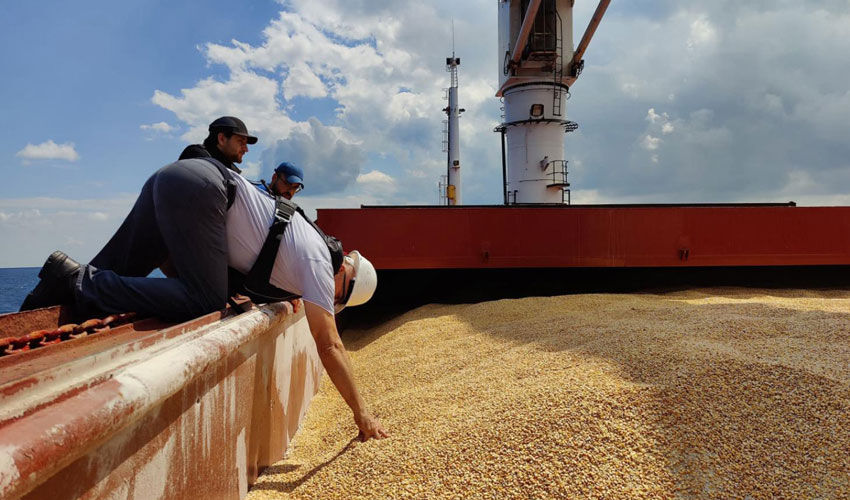
Until October 2025, the procedures for importing re-exported crop products in Turkish legislation were less detailed. Under the previous regulations, when importing the commodity, the buyer presented a single phytosanitary certificate issued by either the exporting country or the producing country to the Turkish regulatory authorities. Under the new regulations, in any situation where the country of origin of the commodity differs from the country of loading, the Turkish buyer must present the original phytosanitary certificate of the producing country together with a phytosanitary certificate for re-export issued by the authorities of the country of loading.
According to Iurie Rizha, chairman of the Agrocereale Association of Agricultural Exporters, in practice Romanian authorities cannot issue a phytosanitary certificate for re-export of goods that do not fall under the import customs regime. In other words, wheat, corn or oilseeds from the Republic of Moldova transported through the port of Constanta without official import to Romania cannot obtain this additional document required by Turkey. Without it, vessels bound for Turkish ports are not allowed to enter the country. Romanian traders who used to accept shipments of wheat, corn, sunflower or rapeseed of Moldovan origin for re-export to Turkey have stopped accepting these cargoes.
However, despite new administrative hurdles imposed by Turkish legislation, some Moldovan traders continue to ship goods to the port of Constanta, but with final destinations outside Turkey, either for re-export to the European Union or for regional transit in the Black Sea region. This supports logistics activity in the Giurgiulesti-Constanza corridor, but does not compensate for the loss of the Turkish market, says Iurie Rija.













